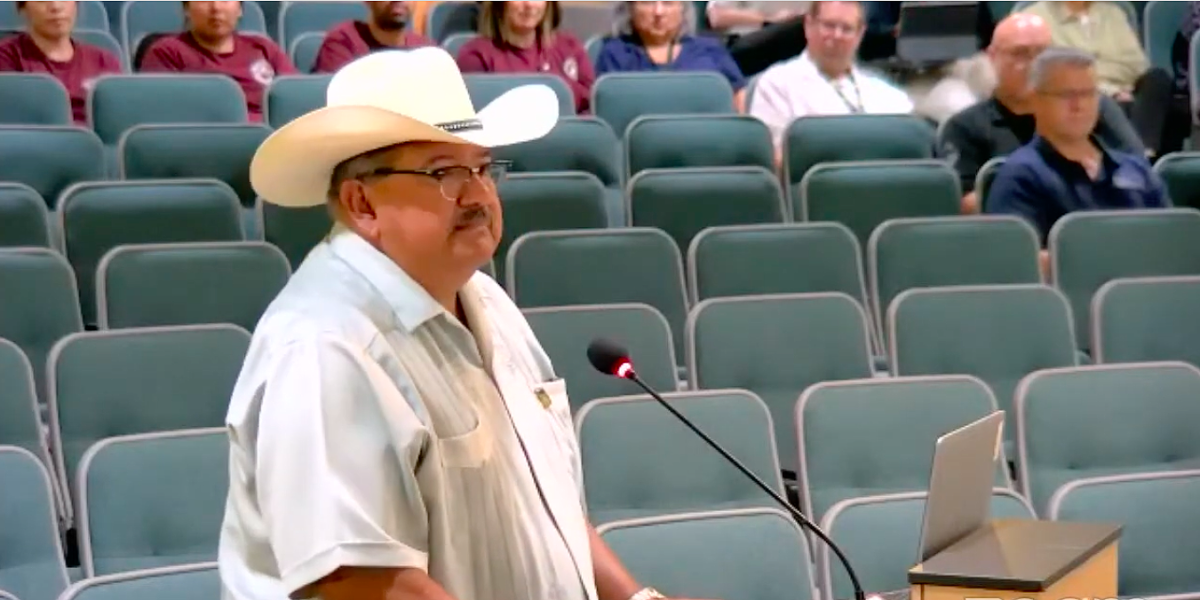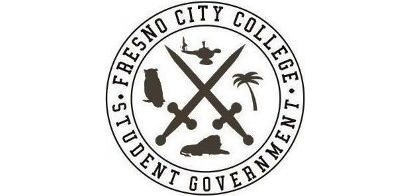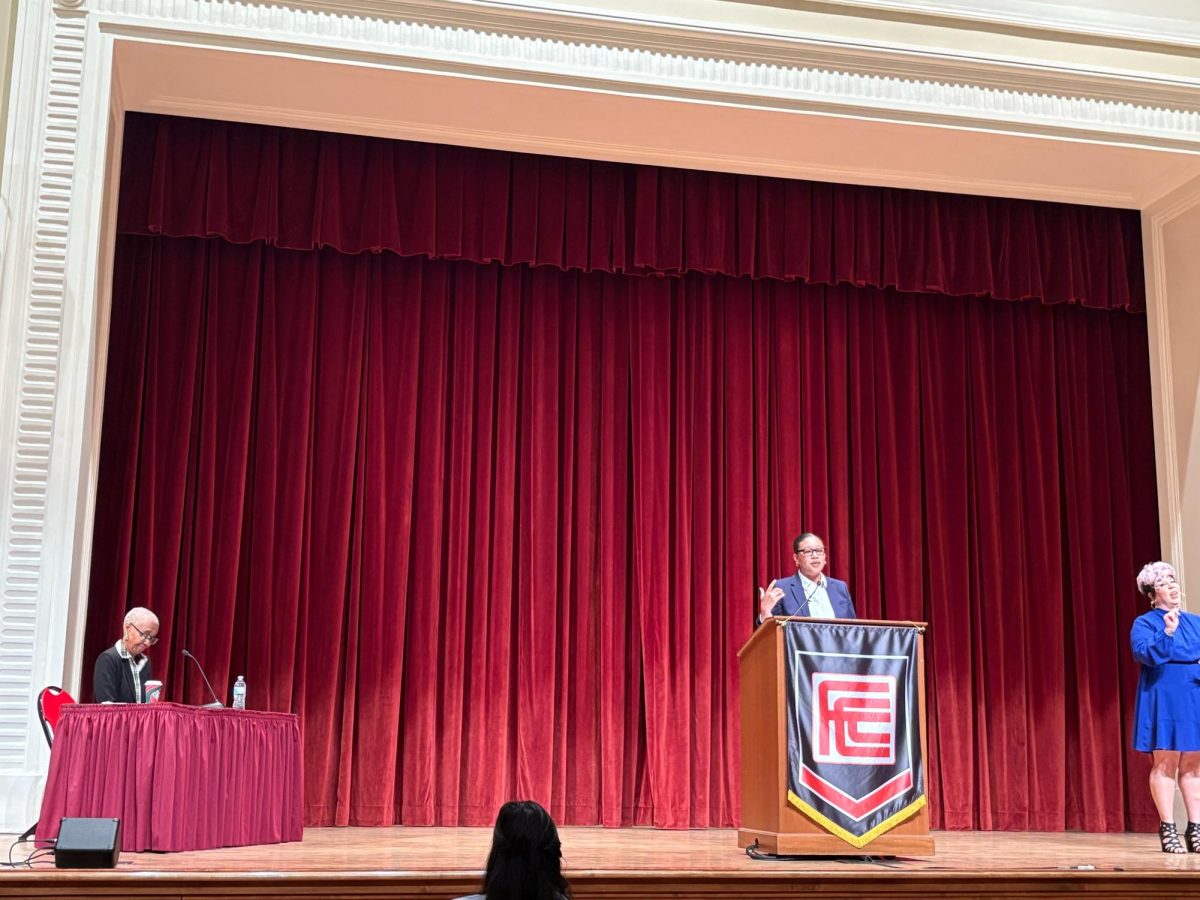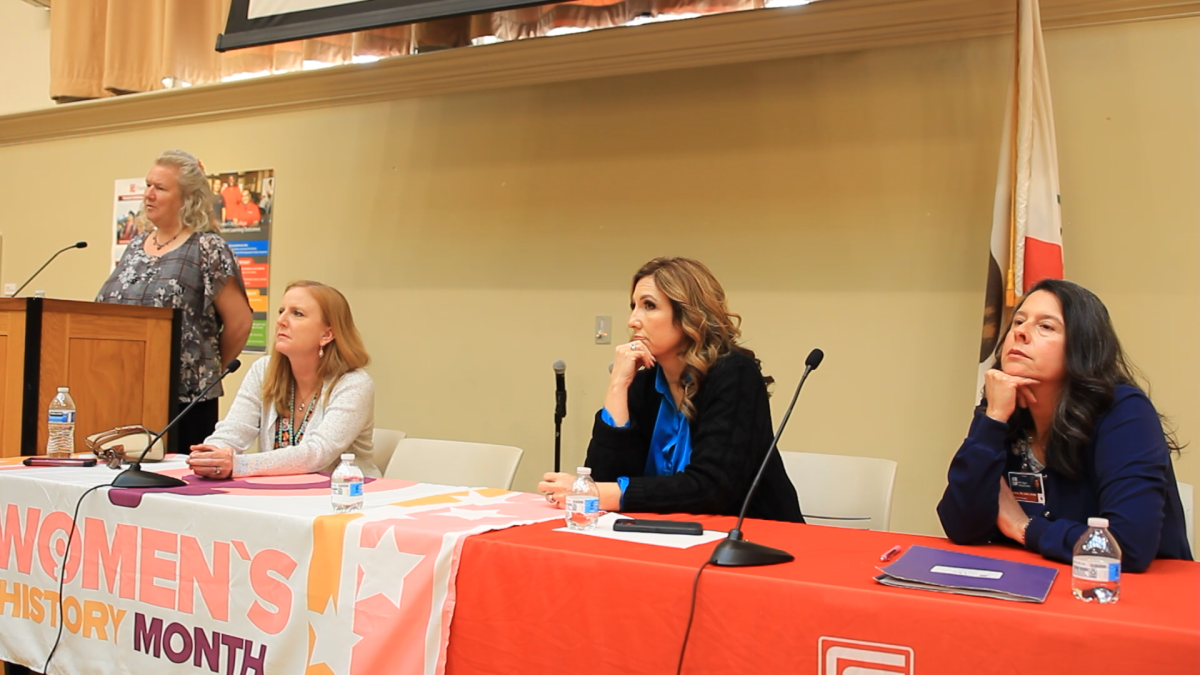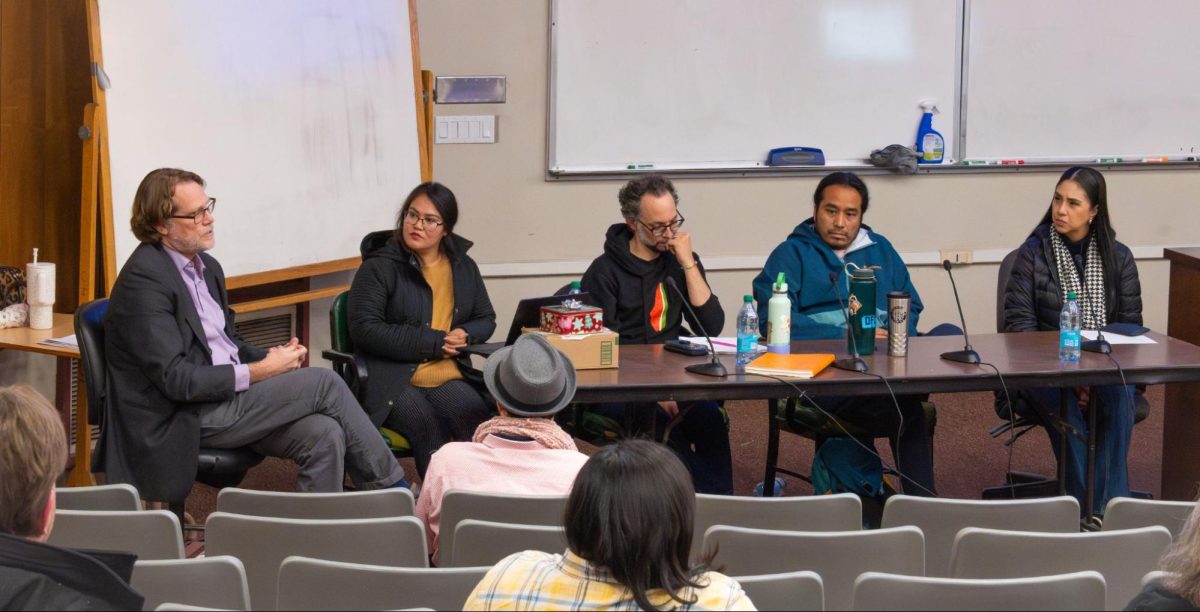In February, Fresno City College was place on accreditation “warning” for the second consecutive time by the Accrediting Commission for Community and Junior Colleges (ACCJC). Since then FCC has joined 24 other community colleges across the state who have failed to meet up to state and federal accreditation standards last year, and now must remediate or face higher level sanctions. For some schools this means the loss of their accreditation altogether.
Prior to 2005, and for the first 95 years of its history, Fresno City College had never received a single accreditation sanction. However, in both of the last two accreditation cycles FCC has been placed on accreditation “warning”. When Fresno City College faced this same “warning” from the ACCJC in 2005, it was able to remediate upon the next visit from the accrediting board.
Part of remediating the “warning” is that the college must submit a follow-up report to the accrediting teams observations of the college, detailing the progress that it believes that it has made towards putting into place the recommendations that the ACCJC gave last February. This report must be submitted to the ACCJC by Oct. 15. A draft of the report was made available to faculty and staff on Aug. 6 for review, and is expected to be sent out to the accrediting commission by Oct. 4.
The “Follow-Up Report to Accreditation Recommendations” primarily detailed the college’s and district’s response to the recommendations of the ACCJC to implement a more comprehensive and inclusive strategic planning process, the inclusion of an Academic Freedom Statement in the course catalog, and how FCC is addressing the high turn-over rate of college administrators on campus, which the ACCJC thought may have contributed to some of the accreditation challenges.
FCC President Tony Cantu believes that the college has responded to all recommendations appropriately, however, he stated that the end result will be dependent on the accrediting commission, saying, “I’m confident that we have [answered the recommendations], but you just never know. We do what we can, we’ve responded, we’ve done what we’ve needed to do, we’ve made significant progress in meeting the recommendations. But at the end of the day it all depends on the commission and how they feel.”
The follow-up report must be submitted by Oct. 15, and the accrediting body will send out a few ACCJC officials in late November to audit whether the appropriate changes have been implemented. Fresno City College will be notified of the commission’s decision to either lift accreditation sanctions, keep FCC on “warning”, or place heavier sanctions of FCC in late January or early February, 2013.
However, Fresno City College is not alone in its accreditation woes. Twenty four community colleges were put on accreditation sanctions in 2012. Three of which, (San Francisco City College, College of the Redwoods, and Cuesta College), were placed on the highest warning, “show cause”. If the schools fail to remediate after being placed on “show cause” they face the possibility of losing their accredited status.
When colleges lose their accreditation they cannot receive federal aid, award recognized diplomas, or offer transferable courses. This diminishes most of their academic power as an institution, and often means that the school would have to shut down for lack of funding. If all three colleges on “show cause” lost their accreditation, and were forced to close, more than 110,000 students would be out of a school, and more than 2,500 professors would lose their jobs.
With the drastic increase in schools that have failed to meet up to accreditation standards, some have began to point the blame at decreasing funding for community colleges, paired with rising federal academic standards. David Baime, senior vice president of the American Association of Community Colleges told San Jose’s Mercury News, “The colleges in California have been subject to such savage budget reductions that it has placed institutions under a great deal of financial and administrative strain. I think that’s a big part of the issue for colleges.”
The Guardsman student newspaper of San Francisco City College echoed this idea stating, “…in the last fiscal year alone, the state cut $17 million for City College’s coffers. Then just as summer session began, the Accrediting Commission of Community and Junior Colleges put the college on sanction for not having sufficient financial resources…”
However, some like Cantu see the increase of sanctions levied on colleges as the accrediting bodies simply enforcing their academic standards more concretely than in the past. “They’re just holding colleges more and more accountable. Then again, the fairness of the results, that’s all debatable, and we can debate that until the cows come home…” Cantu continued, “When the commission is taking action on a school, they’re looking at the history of the school.”
Regardless, FCC is moving ahead with its plans to remediate its accreditation short comings, and the results of their efforts should be handed down by the ACCJC at the beginning of the spring semester.

